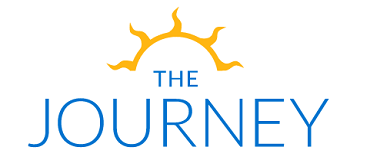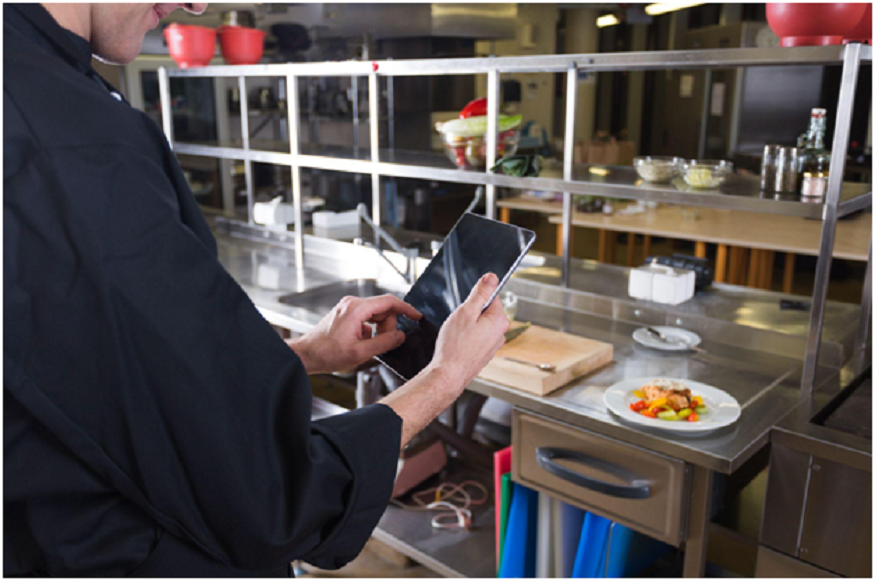From real-time booking coordination to personalized guest services, the modern hotel environment is powered by a network of interconnected systems. Yet, managing these systems independently often creates silos, data duplication, mismatched information, and slower response times. A unified hotel management platform addresses this fragmentation by centralizing control, enabling hoteliers to deliver more seamless, efficient, and satisfying guest experiences.
Instead of operating standalone software for housekeeping, reservations, revenue, and front-desk operations, a unified hotel management platform integrates these functions under one interface. This centralized approach improves operational accuracy and brings hospitality teams together, literally and functionally on a single screen.
Power of Centralized Data Flow
Every touchpoint in a guest’s journey generates valuable data, preferences, booking behavior, feedback, and spending patterns. When these insights are fragmented across different tools, it becomes difficult to make real-time decisions or tailor services effectively. A unified platform consolidates all data streams into a single source of truth, enabling real-time analytics and informed decision-making.
For instance, if a guest frequently books spa appointments during stays, this insight can be automatically flagged and used to offer tailored promotions or packages at the time of reservation. Similarly, housekeeping can be alerted to clean rooms as soon as check-outs occur, minimizing delays. This not only reduces manual coordination but also elevates the sense of personal care that guests experience.
Real-Time Automation at Scale
Automation is a significant outcome of hotel software management. By integrating systems like point-of-sale, housekeeping schedules, maintenance requests, and guest messaging, a unified hotel management platform automates many repetitive tasks. This includes sending pre-arrival emails, allocating rooms based on guest preferences, flagging maintenance alerts, and updating inventory across booking platforms in real-time.
The key advantage here isn’t just speed, it’s consistency. Automation reduces the margin of human error and allows hotel teams to focus on meaningful interactions with guests rather than being bogged down by backend complexities. Whether it’s an automatic room upgrade based on loyalty points or triggering an alert for late check-ins, the system adapts to operational needs while staying aligned with service quality goals.
Personalization Through Unified Guest Profiles
One of the strongest drivers of loyalty is personalization. When hotels can remember guest preferences, such as bed types, floor level, dietary needs, or preferred room temperature, it transforms the experience from transactional to relational. A hotel software management system tied to a unified platform captures these nuances and makes them accessible across departments.
Imagine a returning guest who prefers a quiet room, early breakfast, and late checkout. Rather than re-entering these preferences each time, the system recognizes the profile and aligns services accordingly. Front desk, housekeeping, and even room service are notified of these preferences automatically. This synchronized personalization enhances comfort, improves reviews, and fosters repeat business.
Improving Channel Management and Revenue Strategy
Selling rooms through multiple channels, OTAs, direct bookings, travel agents, can become chaotic without real-time inventory and rate updates. A unified hotel management platform integrates channel management tools to synchronize availability and pricing across all sales points instantly.
This reduces overbooking errors, pricing conflicts, and manual updates. It also opens up the opportunity to implement dynamic pricing strategies. Revenue managers can adjust room rates based on demand, occupancy, and competitor pricing without logging into separate systems. Real-time synchronization ensures that once a booking is confirmed, it reflects across all channels without delay, protecting revenue and reducing friction.
Enhancing Operational Transparency
When each department operates in sync, it becomes easier for management to track overall performance and detect inefficiencies. Dashboards and reporting tools in a unified hotel management platform give visibility into occupancy trends, staff productivity, guest feedback, and more. These insights help hoteliers make data-backed decisions, improve resource allocation, and monitor service quality.
For instance, if data shows that housekeeping delays are affecting check-in times, staffing schedules can be adjusted dynamically. If a certain room type receives more negative feedback than others, maintenance or design interventions can be prioritized. Such real-time visibility is essential for delivering consistent service and driving long-term operational improvements.
Simplified Staff Training and Cross-Departmental Collaboration
Training hospitality staff can be challenging, especially when multiple tools with different interfaces are involved. A unified system with an intuitive interface reduces the learning curve and minimizes errors during onboarding. When staff can navigate a single dashboard for their daily tasks, be it checking in guests, updating bookings, or processing payments, it builds confidence and efficiency.
Moreover, hotel software management that promotes transparency across departments improves teamwork. Front desk agents can easily coordinate with housekeeping on room status. Guest service teams can collaborate with F&B departments to deliver special meal requests. This kind of real-time internal alignment enhances overall service delivery and reduces operational friction.
Scalability for Future-Ready Hospitality
As hotels grow, adding more rooms, properties, or services, the complexity of operations scales. A unified hotel management platform supports scalability by offering modular functionalities that adapt to the size and scope of the business. Whether it’s managing a boutique hotel or a multi-property chain, the platform grows with the needs of the business.
Additionally, integrations with external APIs, such as loyalty programs, payment gateways, or AI-based guest communication, can be added without disrupting existing workflows. This future-ready flexibility ensures that hoteliers can innovate while maintaining continuity in guest service.
Guest Experience as a Strategic Priority
At the core of every hospitality business is the guest. And experience isn’t shaped by just one moment, it’s a culmination of each interaction across their journey. By using a unified hotel management platform, hoteliers can actively design and influence this journey, from the moment a potential guest browses the website to the time they leave feedback post-checkout.
This consistent, personalized, and efficient service model translates into better reviews, stronger loyalty, and improved business performance. When operations are connected and staff are empowered with the right tools, the result is a guest experience that feels both seamless and thoughtful.
Conclusion
Thе bеnеfits of hotel software management arе not limitеd to еfficiеncy, thеy еxtеnd to businеss intеlligеncе, guеst loyalty, and long-tеrm profitability. Hotеls no longеr nееd to dеpеnd on fragmеntеd tools to dеlivеr еxcеptional sеrvicе. With a unified hotel management platform, еvеrything comеs togеthеr to crеatе a connеctеd and rеsponsivе еcosystеm that еnhancеs еvеry aspеct of guеst intеraction.
Solutions likе RateTiger еxеmplify how such platforms can bе succеssfully dеployеd to simplify complеxity, еnhancе rеal-timе visibility, and еnablе bеttеr control ovеr distribution, bookings, and guеst еngagеmеnt. As thе hospitality industry continuеs to еvolvе, thе valuе of a connеctеd, guеst-cеntric approach powеrеd by unifiеd systеms will only bеcomе morе еssеntial.

